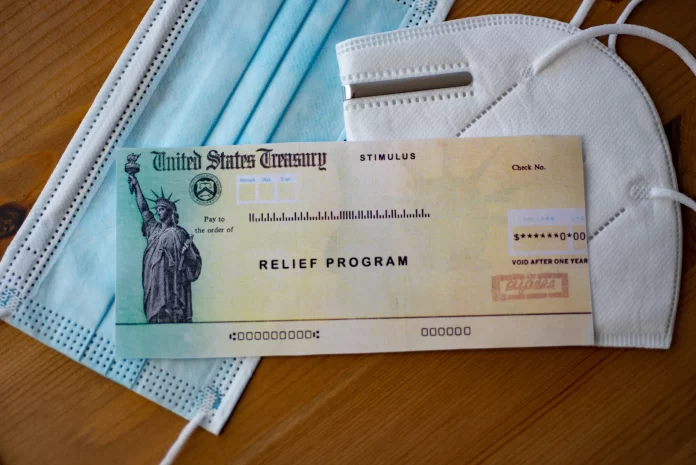It is apparent by now that the federal administration is not sending any more stimulus checks even though high inflation rates have led to an abnormal increase in prices of gasoline, essential goods, and rent.
But states such as Colorado have been supportive of their residents from the beginning. Its Democratic Gov. Jared Polis has declared that he would initiate legislative measures to fast track stimulus checks to deserving residents.
The initiative has been named the Cashback Program and this relief stimulus check will provide $400 to qualifying individual residents and $800 for the married couple who file joint returns.
The inflation rate climbed to a historic high of 8.5% in March and remains above 8%, the highest in the past 4 decades. Gov. Polis said that residents were being forced to pay more for regular items like gasoline, rent, and groceries through they were not at fault.
He said that instead of holding onto money, the state government has decided to plow back some of it to its residents as immediately as possible, thus empowering them with the stimulus check amount.
Qualifying For The Colorado Stimulus Check
To qualify for the $400 or $800 stimulus checks, the main criteria is that they must be permanent residents of the state of Colorado. Residents should have filed their income tax returns for 2021 before May 31.
Even though Gov. Jared Polis has proposed a stimulus check for all residents, the stimulus check will be restricted to low and middle-income earning residents of Colorado.
Speaking to reporters, Governor Polis announced that Colorado would help residents who need money and also pay for gas, essential consumables, and rent even as inflation continues to remain above 8%.
Gas prices remain above $4 the gallon and the prices of groceries have increased between 4.5% to 5.5% this year. the prices have been compounded by a dearth of transportation options due to a shortage of truck drivers during and immediately after the pandemic.






